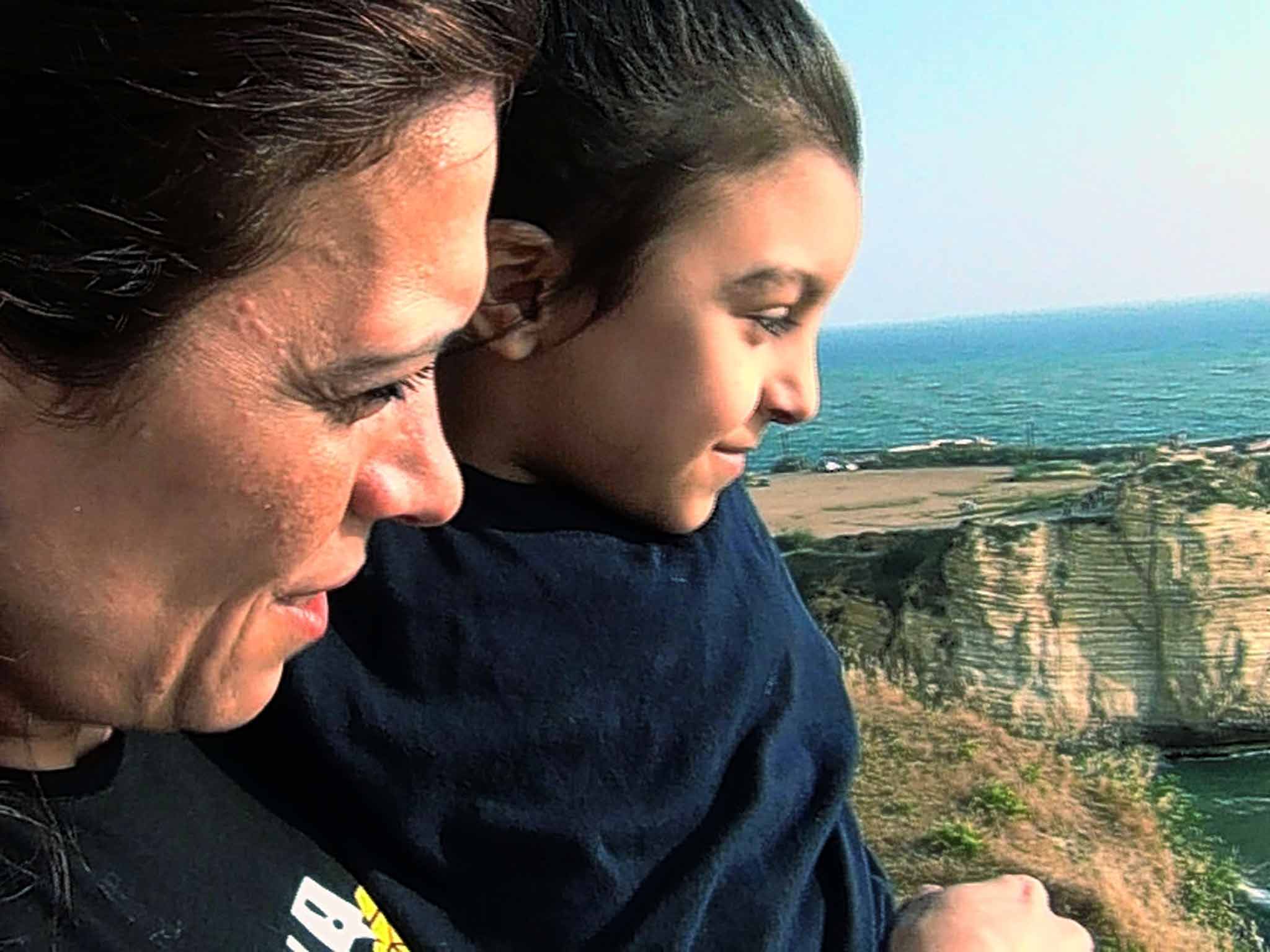A Syrian Love Story - Storyville, BBC4 - TV review: One of the joys of this film was the way it refused easy judgments
Amer and Raghda fought a dictator. Now they're at war with each other

Your support helps us to tell the story
From reproductive rights to climate change to Big Tech, The Independent is on the ground when the story is developing. Whether it's investigating the financials of Elon Musk's pro-Trump PAC or producing our latest documentary, 'The A Word', which shines a light on the American women fighting for reproductive rights, we know how important it is to parse out the facts from the messaging.
At such a critical moment in US history, we need reporters on the ground. Your donation allows us to keep sending journalists to speak to both sides of the story.
The Independent is trusted by Americans across the entire political spectrum. And unlike many other quality news outlets, we choose not to lock Americans out of our reporting and analysis with paywalls. We believe quality journalism should be available to everyone, paid for by those who can afford it.
Your support makes all the difference.It's all too easy to view stories of war and devastation as things that happen in some other less fortunate land, a place we read about over our breakfasts from the warm safety of our homes. Sean McAllister's assured, intimate and ultimately devastating documentary exposed the comforting lie at that heart of that belief, peeling back the layers of one marriage to tell a universal story of love, loss and the pain of exile.
Filmed over five years, McAllister's film focused on Amer Daoud and Raghda Hasan, who first met when both were imprisoned in a Syrian jail. Communicating through a hole in the wall of their adjoining cells they fell in love, married and had children. By the time McAllister met them Raghda had been imprisoned again for writing a book attacking President Bashar al-Assad's brutal regime.
"She's a very strong woman and I'm a very weak man," announced Amer and, as his love for his wife curdled following her release from prison, it was tempting to accept that statement at face value. Yet one of the joys of this film was the way it refused easy judgments, showing us that there are many different kinds of strength from Raghda's refusal to stop fighting for her country to Amer's no less admirable desire to find a "quiet life" for his children away from destruction and death.
Just as there were many different kinds of strength so too were there many different types of love from the passionate belief Amer nurtured during the long, terrible months of his wife's imprisonment to the conflicted emotions Raghda felt for her family and her country. "I started [fighting for my country] before the revolution and can not abandon it now," she admitted hollow-eyed during the film's harrowing midpoint, and you could see what it cost her to tell that bitter truth.
The most emotional moments, however, came from their sons, in particular the two youngest, Kaka and Bob. "My dad doesn't love my mum any more," said Bob, who in the earliest scenes had been shown hugging a phone with his absent mother's picture on it. "Do you think we'll be a real family some day?' asked the older Kaka, before wearily answering his own question: "I don't think so" and it was hard not to weep watching the protracted collapse of a loving group who had once believed that the simple act of reunion would be strong enough to help them survive.
Join our commenting forum
Join thought-provoking conversations, follow other Independent readers and see their replies
Comments